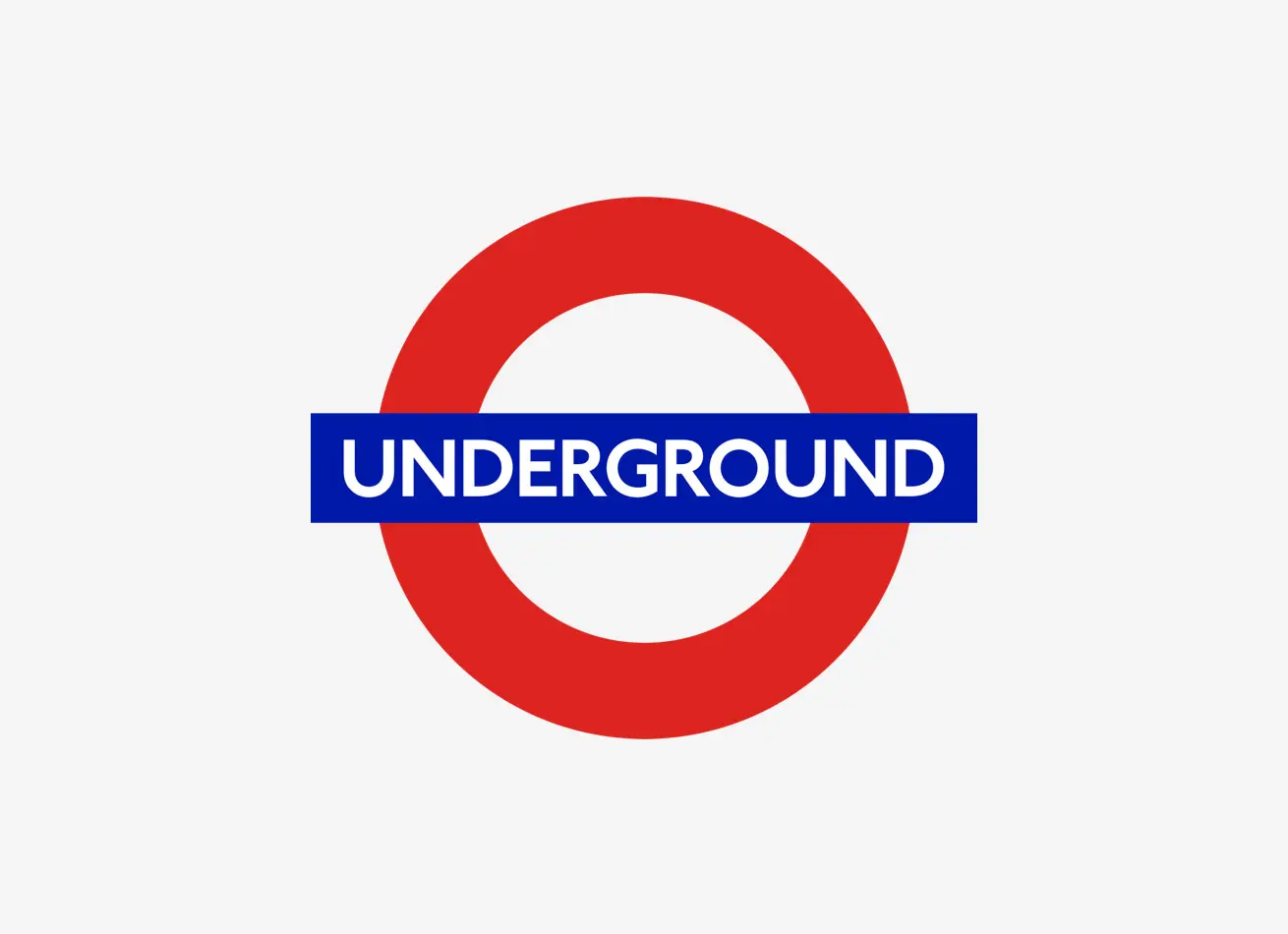The client is a multinational corporation operating across various industries, including manufacturing, technology, and services. With operations in over 30 countries, they specialize in delivering high-quality coffee and innovative solutions to a global customer base. The complexity of their operations and the breadth of their market presence require a sophisticated, reliable financial reporting system to manage their diverse business units effectively.
Hours delivered back to the business
SOX compliance in Settlement process automation
Success rate of bot case completion
For functional release of OBT, RTS and OGS
The Challenge
A global retail giant was facing significant challenges in managing its e-commerce platform efficiency. The issues ranged from slow website load times and poor user experience to inefficient inventory management and logistics. These problems were not only affecting sales but also customer satisfaction and retention rates.
What did
M.A. Ahmad do?
M.A. Ahmad initiated a comprehensive digital transformation strategy. The first step involved a detailed analysis of the current IT infrastructure, identifying bottlenecks in website performance and inventory management systems. Our team then implemented a series of upgrades, including the migration of the e-commerce platform to a more robust cloud computing environment and the integration of a state-of-the-art inventory management system. We also redesigned the website interface to enhance user experience, incorporating AI-driven personalization features to better match customer preferences.
To ensure seamless logistics and delivery processes, we utilized predictive analytics to forecast demand and optimize stock levels across global warehouses. Additionally, we introduced an advanced CRM system to improve customer service interactions and feedback mechanisms.

The Results
- Load times improved by over 50%
- Sales conversion rates increased by 20%
- Inventory management efficiency rose by 30%
- Customer satisfaction scores soared by 25%
- Operational costs were reduced by 15%




